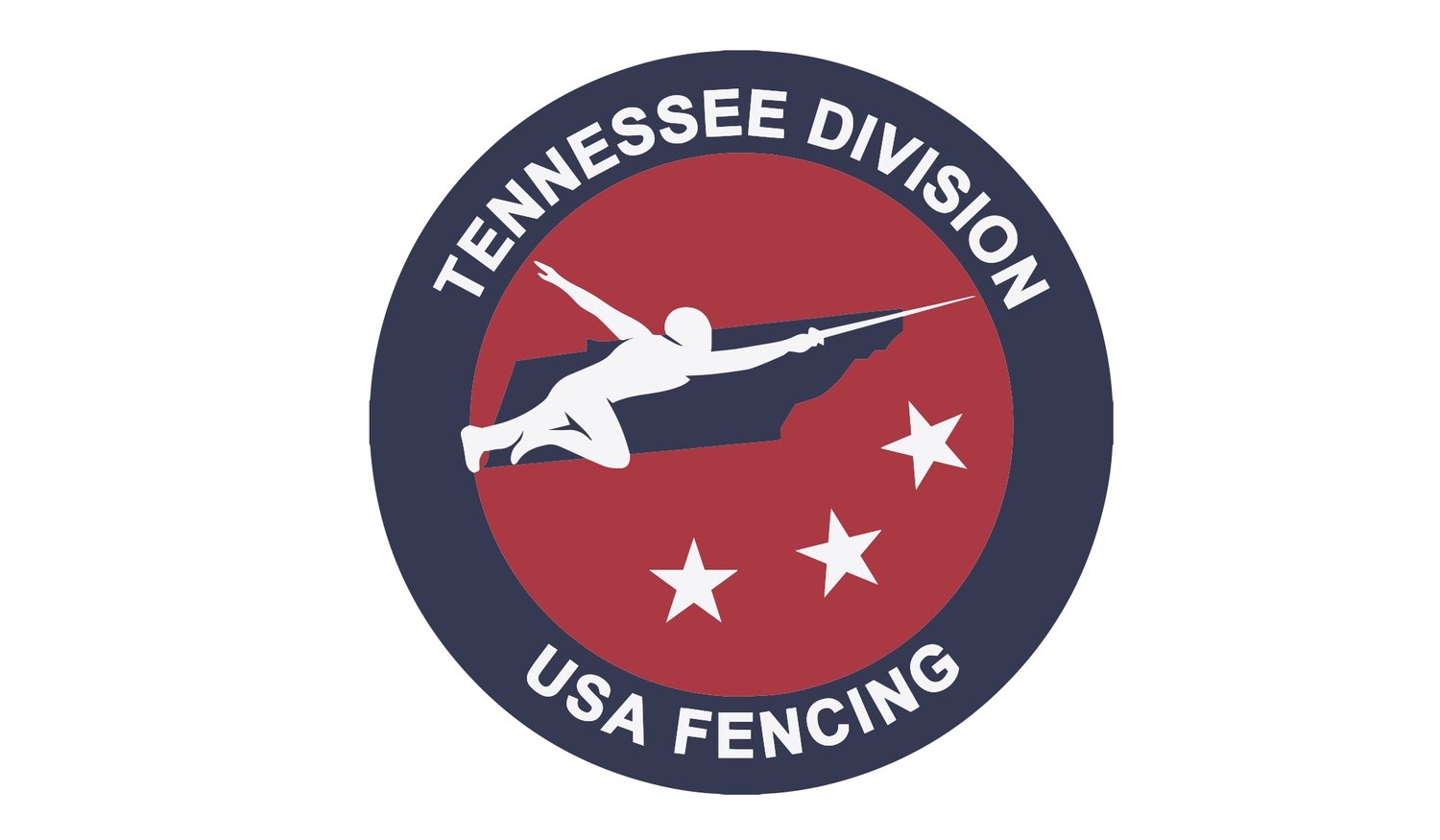TN Division Referee Compensation Plan Proposal
/TO: Executive Committee of the Tennessee Division of the United States Fencing Association
FROM: William Curtis, Referee Organizer
SUBJECT: Revised Minimum Compensation Plan for Tournament Officials
DATE: 23 June 2017
INTRODUCTION
The purpose of the this proposal, is to ensure that all individuals who have taken the time to complete the seminars and observations in order to become certified officials by the United States of America Fencing Association (USA Fencing) receive fair compensation for the work requested of them by clubs hosting sanctioned events.
The people who work bout committee and the referees who run pools and keep the event running smoothly are required to go through yearly seminars, maintain professional membership status, and devote their time and energy staying up to date on rule changes and improve their abilities as officials.
As an official, I have had the experience of being pulled aside from coaching to referee pools and direct elimination bouts and been asked to self-referee a pool in which I am competing. Upon the completion of these events, I have noticed that occasionally; bout committee did not compensate the referees for their time committed to officiating bouts and also did not have their tournament entry fees refunded. Should the division be serious about increasing both the quantity and quality of officials in the division, I am of the opinion, that a minimum compensation plan be adopted and adhered to especially as US Fencing works toward mandatory hiring of certified officials starting 1 August 2017.
THE PROPOSAL
The creation of a minimum compensation plan to be utilized at all division sanctioned events based on size, number of events, and official qualifications. In keeping with the USFA, I would like to propose that our division mandate a minimum honorarium of $75 per full day of service and $40 for a half day of service for Division events for referees with ratings of 10-6 and $100 per full day or $55 per half day of service. Events in this category would include but not be limited to Divisional Qualifiers for Summer Nationals, Division Qualifiers for Junior Olympics, and Tennessee State Championship events (the State Championships and High School Championships)
I would also like to recommend a standard table of pay for events* sanctioned by the Division but are hosted and staffed by the respective division clubs. My proposed breakdown would be tied to the rating the referee has received for that weapon as a minimum and allow the clubs to increase the number due to referee quality, compensation for travel, and bonuses for directing finals in large events. The proposed breakdown would be as follows:
9-10 - $35
8 - $40
7 - $45
6 - $50
5+** - To be negotiated by club but no less than $60 event.
**Head referees or attending Certified Referee Observers full pay should be negotiated prior to the event but should be no less that $50 more than the normal honorarium assigned to standard officials.
Finally, I would like to propose that a minimum compensation of 50% of travel expenses be provided should the referee be required to travel five or more hours in order to work the event they have been hired in addition to the pay they would receive has a hired official. Additionally, hosting club would arrange lodging if the event is over the span of multiple days or traveling requires the official to stay over night.
*Should the club hosting the event have members who are certified officials, the requirement of payment per the proposal can be waived as service to the club with the hired official’s agreement.
CONCLUSION
The United State Fencing Association has expressed a desire to increase both the quality and quantity of the referee pools across the nation, a goal that has now been adopted by the Tennessee Division, as a method to help provide better staffing for our division events and as a way to build the next generation of regional, national, and international referees. If the division truly embraces this goal, setting a clear standard of compensation will help encourage more individuals to take the steps to receive the certification as it will not only offset the time and costs associated with certification, but also provide a source of income for services rendered to the Division and its respective clubs.

